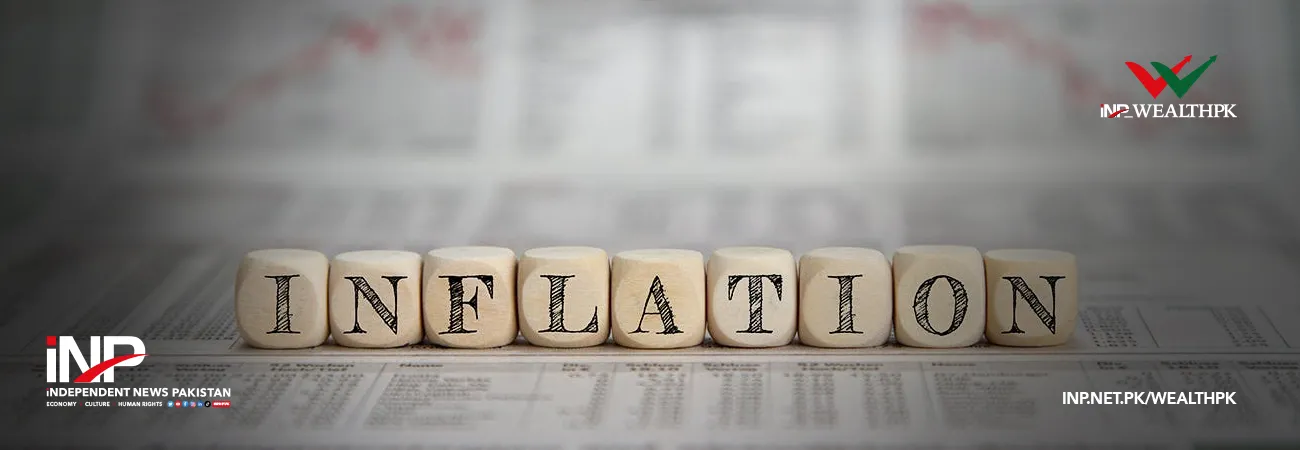INP-WealthPk
Arooj Zulfiqar
Pakistan finds itself entrenched in a fierce struggle against surging inflation, which poses a daunting challenge to the country's economic stability. The Consumer Price Index-based inflation increased to 28.3% during January 2024 as compared to the corresponding month of last year. The inflation increased to 29.7% during December 2023 whereas it was recorded at 27.6% in January 2023, according to the data released by Pakistan Bureau of Statistics (PBS). According to PBS, on a month-on-month basis, CPI increased to 1.8% in January 2024 compared to an increase of 0.8% in the previous month and 2.9% in January 2023. “Pakistan is a country that has struggled to sustain itself due to a lack of planning and foresight. The country has faced significant challenges over the years, including fiscal mismanagement and external debt. As a result, Pakistan is currently dealing with high inflation and a depreciating currency, which has led to a decrease in the purchasing power of people. The worrying fact for many families is that there are few signs that inflation is going to abate anytime soon,” Dr Usman W Chohan, adviser on economic affairs & national development at Centre of Aerospace and Security Studies, said.
“All these signs point towards the slowdown in the economy, which will persist in 2024 and there might even be a contraction during the current year.” He said Pakistan's inflationary problems stemmed from a variety of causes. “The increase in prices across different sectors is due to a combination of factors such as disruptions in the supply chain, higher energy costs, currency devaluation, political instability, and uncertainties in the global economy.” However, he said to reduce the impact of inflation on people, the government had introduced various measures, including modifying monetary policies, introducing targeted subsidies and implementing initiatives to improve agricultural productivity and food security. “Pakistan's fight against high inflation presents a difficult road ahead. To achieve stable prices and rebuild trust in the economy, it will take unwavering determination, wise policymaking and collaborative efforts from all the stakeholders,” noted Ali Kemal, Chief Economist at the SDG Support Unit, Ministry of Planning Development and Special Initiatives He said.
“The everyday lives of ordinary Pakistanis are being significantly affected by the rising inflation. As prices continue to soar, many households are finding it difficult to afford basic necessities such as food, fuel and healthcare, which is leading to an increase in financial hardship for them.” “Additionally, high inflation rates are causing savings to erode and discouraging investments, ultimately hindering economic growth and perpetuating a cycle of poverty,” he added. To curb inflation, he said it was necessary to focus on implementing effective measures to restore confidence in the economy and stabilise prices. “This includes managing liquidity through careful monetary policies, addressing regulatory hurdles to improve supply-side conditions, and strengthening social safety nets to protect the most vulnerable members of society.” Ali Kemal noted that Pakistan must prioritise fiscal discipline, increase revenue generation and streamline public spending. “Efforts to improve the investment climate and promote export-oriented growth are essential to alleviate inflationary pressures in the long-run.”
inpCredit: INP-WealthPk













